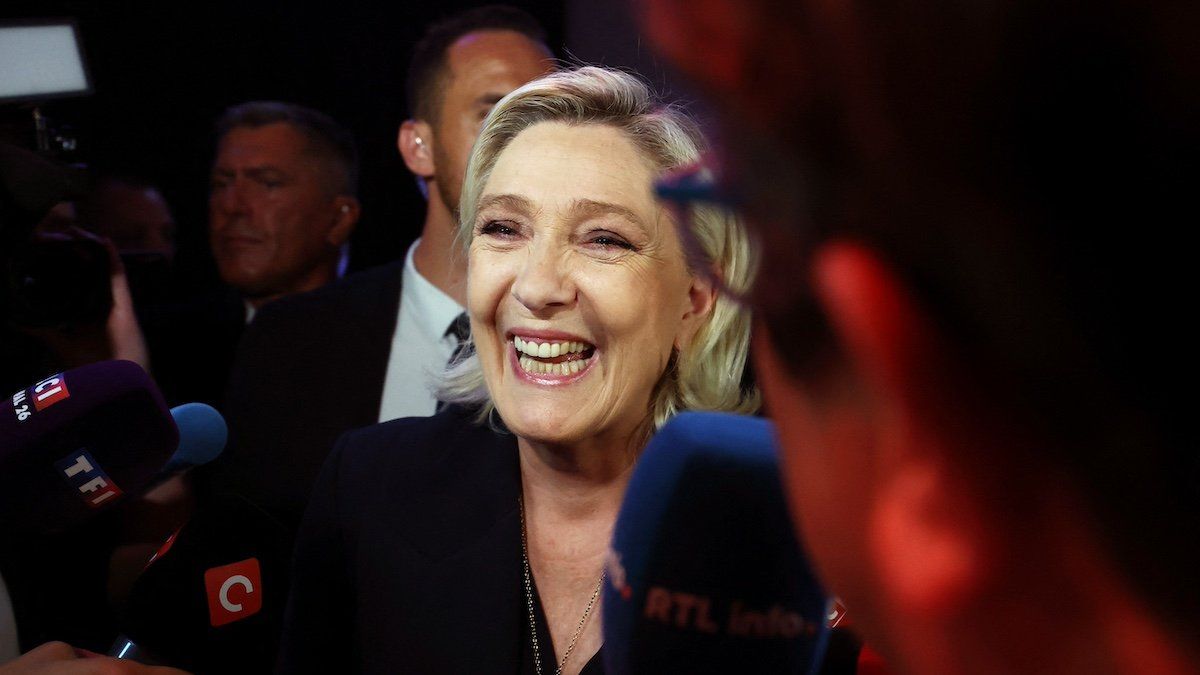Marine Le Pen’s far-right National Rally won the first round of France's election on Sunday with 33% of the vote, while the young left-wing New Popular Front alliance took around 28%. President Emmanuel Macron’s gambit to capitalize on fear of the far right failed to generate excitement for his Ensemble alliance, which placed third with roughly 21% of the vote.
That said, Le Pen’s party is expected to win between 230 and 280 of the 577 seats in the National Assembly after the second round of voting on July 7. That would put them short of the 289 seats needed for an outright majority, but with enough to make it difficult for either the NFP or Macron’s alliance to form an easy coalition.
Turnout on Sunday was unusually high, around 59%, fully 20 percentage points higher than the contest in 2022. We’re watching how well that interest holds up in round two, as well as whether Macron’s efforts to coordinate with the NFP to deny the RN a majority bear fruit. If they can agree to turn competitive three-way second-round races into likely losses for the RN by strategically withdrawing candidates from certain districts and thereby consolidating anti-RN votes, they may be able to prevent a far-right majority.
The likely result will be a hung parliament, says Eurasia Group’s Mujtaba Rahman, meaning Macron would form a caretaker government with much reduced power. “France is now facing the prospect of an enfeebled caretaker government before new elections in 2025, which will leave this G-7 power and UN Security Council permanent member largely rudderless for a year.”